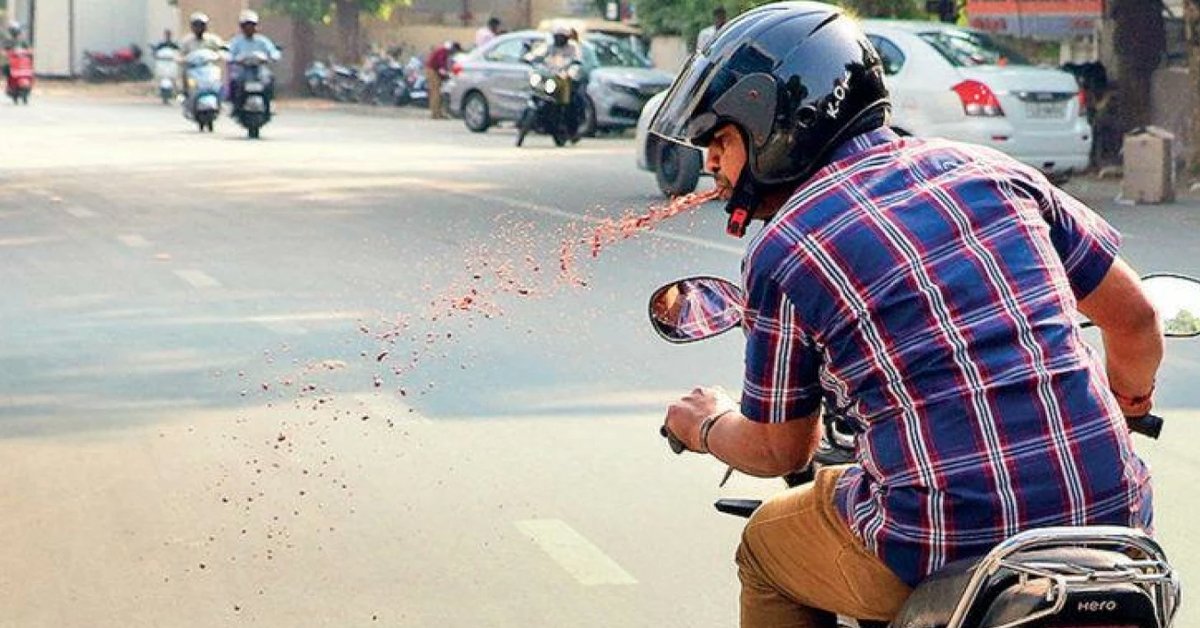From the historic lanes of Chhatrapati Sambhajinagar to the bustling metropolises across India, our nation stands at a pivotal juncture. We boast a thriving economy, a vibrant democracy, and a rich cultural heritage. Yet, an often-overlooked impediment subtly but significantly hinders our progress on multiple fronts: a pervasive lack of civic sense. While we readily …
From the historic lanes of Chhatrapati Sambhajinagar to the bustling metropolises across India, our nation stands at a pivotal juncture. We boast a thriving economy, a vibrant democracy, and a rich cultural heritage. Yet, an often-overlooked impediment subtly but significantly hinders our progress on multiple fronts: a pervasive lack of civic sense. While we readily discuss economic policies and technological advancements, the unspoken cost of this civic irresponsibility silently erodes our collective potential, hindering India from truly realizing its aspirations on the global stage.
The Tangible Toll: Economic Losses
The absence of basic civic etiquette translates into significant economic burdens that are often not fully accounted for:
- Increased Healthcare Costs: Poor hygiene practices, like public spitting and littering, contribute to the spread of diseases. This leads to higher healthcare expenditure for individuals and the government, diverting funds that could be used for education or infrastructure. Imagine the strain on our healthcare system right here in Maharashtra due to preventable illnesses.
- Reduced Tourism Revenue: As highlighted in our previous articles, the impact of cleanliness on India’s global tourism perception is substantial. Dirty streets, poorly maintained public spaces, and a general lack of hygiene deter tourists, leading to lower footfall, shorter stays, and decreased revenue for the hospitality sector and local economies. The potential tourism dollars lost due to a negative perception of cleanliness are a significant cost of lack of civic sense.
- Damage to Infrastructure: Vandalism of public property, such as graffiti on historical monuments or damage to public transportation, necessitates costly repairs and maintenance, funded by taxpayers. This is a direct consequence of a lack of ownership and responsibility towards shared resources.
- Inefficient Waste Management: Improper disposal of waste clogs drainage systems, leading to urban flooding, particularly during monsoons. This disrupts daily life, damages infrastructure, and incurs substantial costs for cleanup and repair.
The Intangible Impact: Social and Cultural Erosion
Beyond the monetary losses, the lack of civic sense in India takes a toll on our social fabric and cultural values:
- Erosion of Community Spirit: When individuals disregard public spaces and the well-being of others, it weakens the sense of community. A shared responsibility for our surroundings fosters stronger social bonds, the absence of which leads to apathy and isolation.
- Normalization of Neglect: When littering, spitting, and disregard for rules become commonplace, they are gradually normalized, especially among younger generations. This perpetuates a cycle of civic irresponsibility, making it harder to instill positive values.
- Diminished National Pride: A nation’s image is collectively built by the actions of its citizens. When public spaces are汚い (dirty), it can lead to a sense of shame and a diminished sense of national pride, both for residents and when viewed by the international community.
- Breakdown of Law and Order: A disregard for minor civic rules can often be a precursor to a broader disrespect for laws and regulations. If basic norms of behavior are not followed, it can contribute to a general environment of indiscipline.
Environmental Degradation: A Silent Crisis
The environmental consequences of a lack of civic sense are profound and long-lasting:
- Pollution of Land and Water Bodies: Indiscriminate dumping of waste contaminates our land and pollutes our rivers and lakes, harming ecosystems and posing serious health risks. This affects not just the environment but also livelihoods dependent on these natural resources.
- Plastic Crisis: The irresponsible disposal of plastic waste contributes to the growing plastic pollution crisis, choking our cities, harming wildlife, and impacting our long-term environmental sustainability.
- Strain on Natural Resources: A lack of awareness about conserving water and energy in public spaces adds unnecessary strain on our already limited natural resources.
Addressing the Root Causes: Cultivating Civic Responsibility
The solution lies in fostering a strong sense of civic responsibility in India, starting from a young age. Organizations like Letschangeus.com are dedicated to this crucial mission, focusing on:
- Education and Awareness: Instilling civic values in students through engaging programs and creating awareness campaigns for the wider public.
- Community Engagement: Empowering citizens to take ownership of their local environments through initiatives like “Mera Shehar, Meri Pehchan.”
- Leading by Example: Encouraging role models at all levels of society to demonstrate civic-minded behavior.
Conclusion: Investing in Our Collective Future
The unspoken cost of a lack of civic sense in India is a significant burden on our economy, our society, and our environment. Addressing this issue is not merely about aesthetics; it is about investing in our collective future. By cultivating a culture of civic responsibility, we can unlock India’s true potential, paving the way for a cleaner, healthier, more prosperous, and globally respected nation. Let’s recognize this silent drain on our progress and work together to build a future where every citizen takes pride in their nation and acts with a deep sense of civic duty, from the streets of Chhatrapati Sambhajinagar to every corner of our incredible land.






